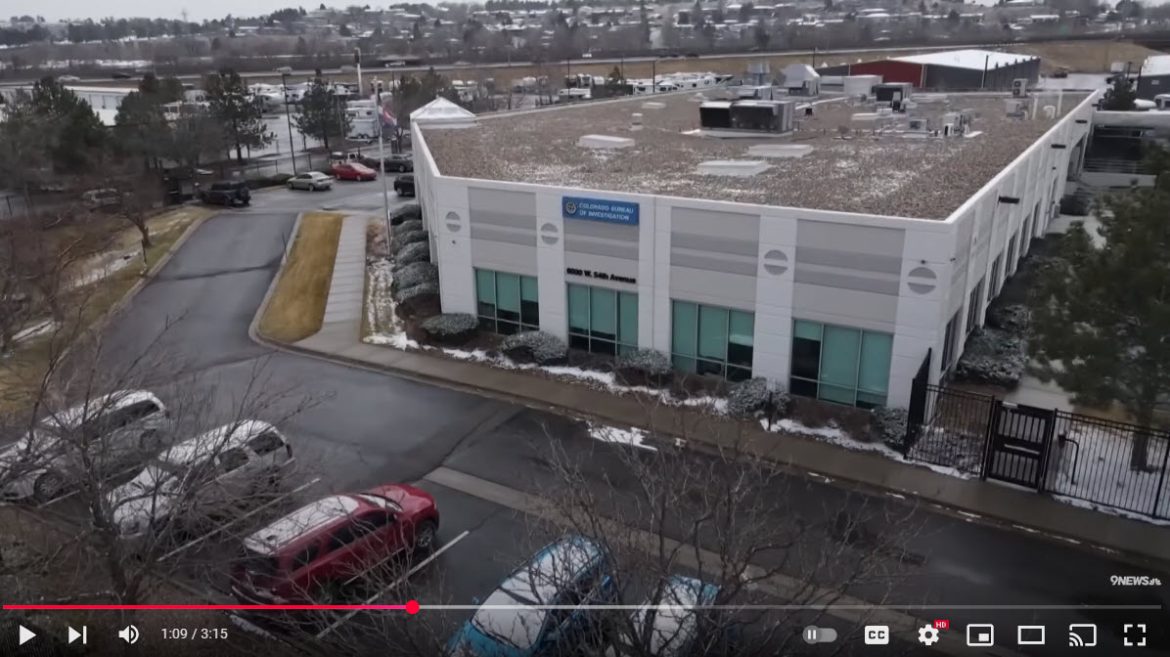Yvonne “Missy” Woods, a former DNA analyst for the Colorado Bureau of Investigation (CBI), faces 102 criminal charges related to allegations of manipulating evidence in more than 800 cases over her 29-year career. Court records reveal that Woods is charged with multiple counts of perjury, forgery of government-issued documents, attempting to influence a public servant, and a single cybercrime count.
The charges stem from an extensive investigation into Woods’ work at the CBI, where she was responsible for analyzing DNA evidence critical to criminal cases, including homicides, sexual assaults, and property crimes. Prosecutors allege that Woods intentionally falsified or manipulated DNA data, undermining the integrity of numerous investigations and potentially leading to wrongful convictions or hindering justice in unresolved cases.
Authorities began investigating Woods after irregularities were discovered in her work during an internal audit. The findings raised red flags about her credibility and prompted a broader review of the cases she handled. Experts and law enforcement agencies are now re-examining hundreds of cases to assess the impact of her alleged misconduct. Defense attorneys across Colorado have already started filing motions to challenge convictions based on DNA evidence analyzed by Woods.
The allegations against Woods also include submitting falsified reports and providing inaccurate testimony in court. Prosecutors claim that she knowingly presented flawed DNA results, which may have misled judges, juries, and attorneys. The cybercrime charge suggests that Woods may have tampered with digital databases or evidence management systems to conceal her actions.
This case has sent shockwaves through Colorado’s criminal justice system, with significant implications for public trust in forensic science and law enforcement. Legal experts warn that the fallout could lead to overturned convictions, retrials, and lawsuits against the state. Victims of crimes and their families are also grappling with the emotional toll of potentially tainted evidence in their cases.
The Colorado Bureau of Investigation has released a statement emphasizing its commitment to maintaining the highest standards of integrity and transparency. The agency has pledged full cooperation with the ongoing investigation and announced plans to implement additional safeguards to prevent similar incidents in the future.
Woods, who has denied the allegations, is currently out on bail and awaiting trial. If convicted, she faces significant prison time and substantial fines. Her attorney has argued that the charges are based on misunderstandings and that Woods acted in good faith during her tenure at the CBI.
This case has reignited national discussions about the reliability of forensic evidence and the need for rigorous oversight in crime labs. Advocates for criminal justice reform are calling for stronger checks and balances to ensure that analysts like Woods are held accountable and that the integrity of evidence is preserved in all cases.



